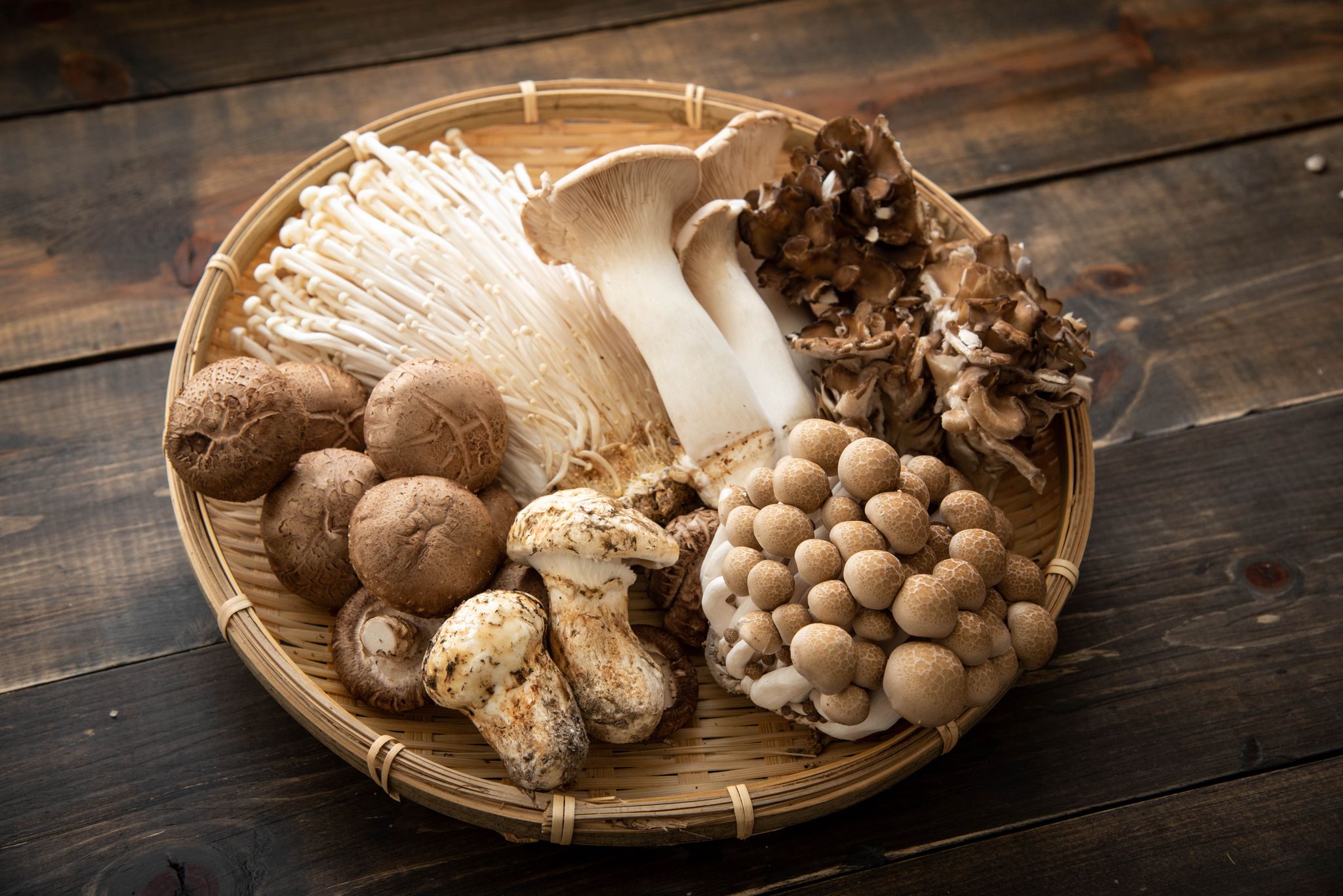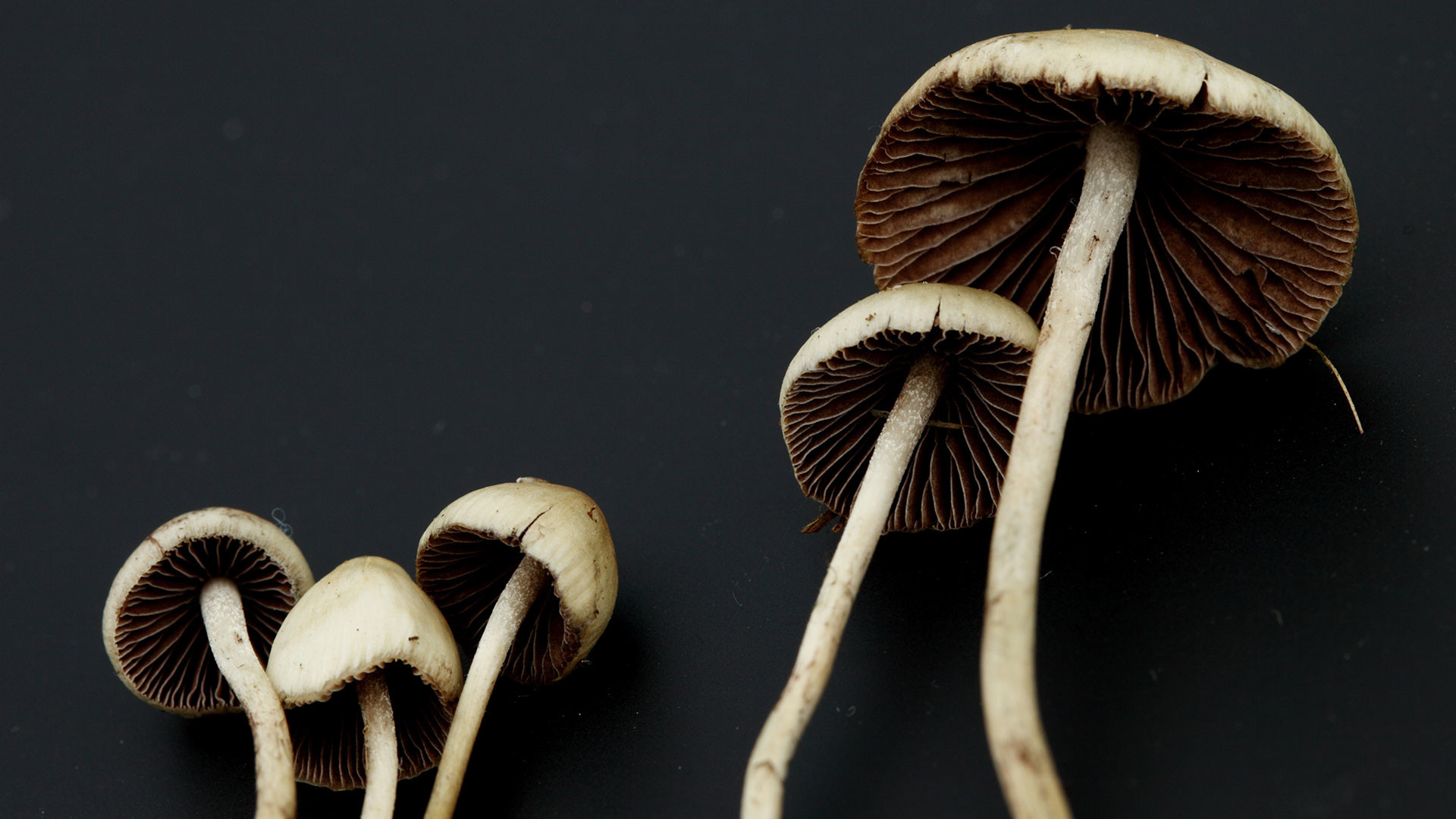Pecans are delicious and versatile nuts that are commonly used in baking, cooking, and snacking. They are not only tasty but also provide a range of potential health benefits. In this comprehensive guide, we will delve into the nutritional profile of pecans, their potential health benefits, and how they can fit into a balanced diet.
Nutritional Profile of Pecans:
Pecans are nutrient-dense nuts that offer a variety of essential nutrients. Here is a breakdown of the key nutrients found in a 1-ounce (28-gram) serving of pecans:
Calories: Pecans are relatively high in calories, with around 200 calories per serving. However, their nutritional value makes them a worthwhile addition to a balanced diet.
Healthy Fats: Pecans are a rich source of healthy fats, primarily monounsaturated fats, which have been associated with heart health. They also contain a small amount of polyunsaturated fats, including omega-6 fatty acids.
Protein: Pecans provide a moderate amount of protein, making them a good option for those following plant-based or vegetarian diets. However, they are not as high in protein as some other nuts, such as almonds or pistachios.
Fiber: Pecans are an excellent source of dietary fiber, with about 3 grams per serving. Fiber is important for digestive health, promotes satiety, and may help regulate blood sugar levels.
Vitamins and Minerals: Pecans contain various vitamins and minerals, including vitamin E, thiamine, magnesium, phosphorus, and zinc. Vitamin E is a powerful antioxidant that helps protect cells from damage.
Health Benefits of Pecans:
Heart Health: The monounsaturated fats found in pecans, along with their fiber content, may contribute to heart health. Studies suggest that consuming pecans as part of a balanced diet may help improve blood lipid profiles, reduce LDL cholesterol levels, and lower the risk of cardiovascular disease.
Antioxidant Properties: Pecans are rich in antioxidants, such as vitamin E and other phenolic compounds. These antioxidants help protect against oxidative stress, reduce inflammation, and support overall cellular health.
Weight Management: Despite being relatively high in calories, pecans can be beneficial for weight management. The combination of healthy fats, protein, and fiber in pecans helps promote satiety and may prevent overeating.
Blood Sugar Control: Pecans have a low glycemic index, meaning they have a minimal impact on blood sugar levels. Incorporating pecans into a meal or snack can help stabilize blood sugar and reduce the risk of blood sugar spikes.
Nutrient-Dense Snack: Pecans make for a convenient and nutritious snack option. They are portable, easy to incorporate into a variety of dishes, and provide a range of essential nutrients.
Incorporating Pecans into Your Diet:
There are many ways to enjoy the goodness of pecans in your daily diet. Here are a few ideas:
Snacking: Enjoy pecans as a standalone snack or mix them with other nuts, seeds, or dried fruits for a delicious trail mix.
Baking and Cooking: Pecans can add a delightful crunch and flavor to baked goods like cookies, cakes, and pies. They can also be used as a topping for salads, roasted vegetables, or grain bowls.
Nut Butters: Consider making your own pecan butter by blending roasted pecans until creamy. Pecan butter can be used as a spread on toast, added to smoothies, or used in baking recipes.
Salad Toppings: Sprinkle chopped pecans over salads to add texture, flavor, and nutritional value.
Desserts: Pecans are a classic ingredient in desserts like pecan pie or pecan pralines. However, it’s important to consume these treats in moderation due to their higher calorie content.
Precautions and Considerations:
While pecans offer numerous health benefits, there are a few considerations to keep in mind:
Allergies: Pecans are tree nuts, and individuals with nut allergies should avoid them to prevent allergic reactions.
Portion Control: Pecans are calorie-dense, so it’s important to enjoy them in moderation, especially if you’re watching your calorie intake or trying to manage your weight.
Added Ingredients: When purchasing pecans or pecan products, be mindful of added sugars, salt, or unhealthy oils. Opt for raw or unsalted pecans whenever possible.
Individual Needs: As with any food, it’s essential to consider your individual dietary needs and preferences. If you have specific health conditions or dietary restrictions, consult with a healthcare professional or registered dietitian for personalized guidance.
Conclusion:
Pecans are a delicious and nutritious addition to a balanced diet. They offer a range of potential health benefits, including heart health, antioxidant properties, weight management support, and blood sugar control. Incorporate pecans into your meals and snacks for a satisfying crunch and a boost of essential nutrients. Remember to enjoy them in moderation and choose varieties without added sugars or unhealthy additives.
- Unleashing the Potential of Lion’s Mane Functional Mushrooms: A Comprehensive Guide to Their Benefits - October 18, 2023
- Sweet Bliss Unleashed: Navigating the Rainbow of Delta 10 THC Gummies from Just Delta - September 11, 2023
- Are Pecans Good for You? - July 5, 2023





